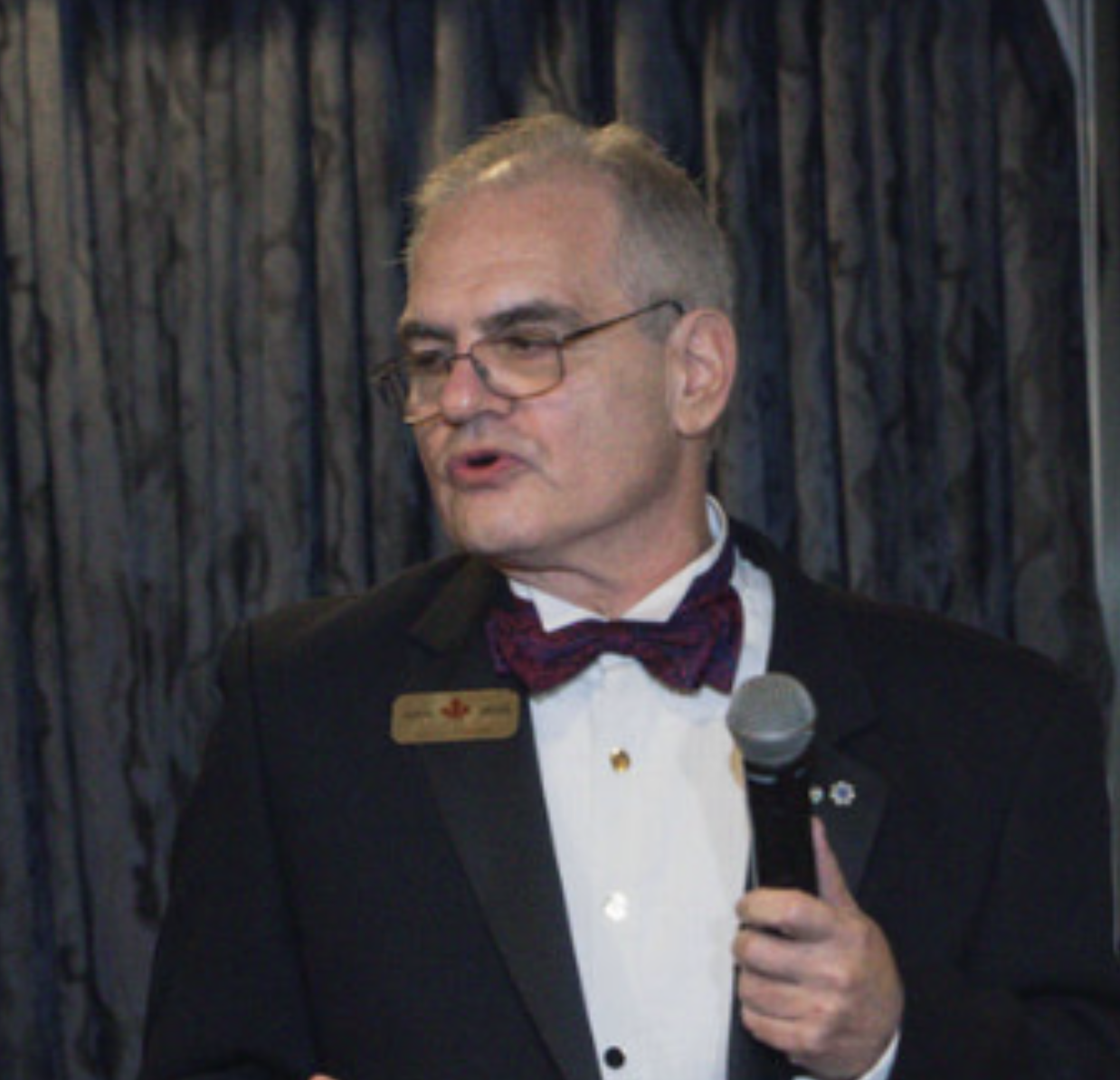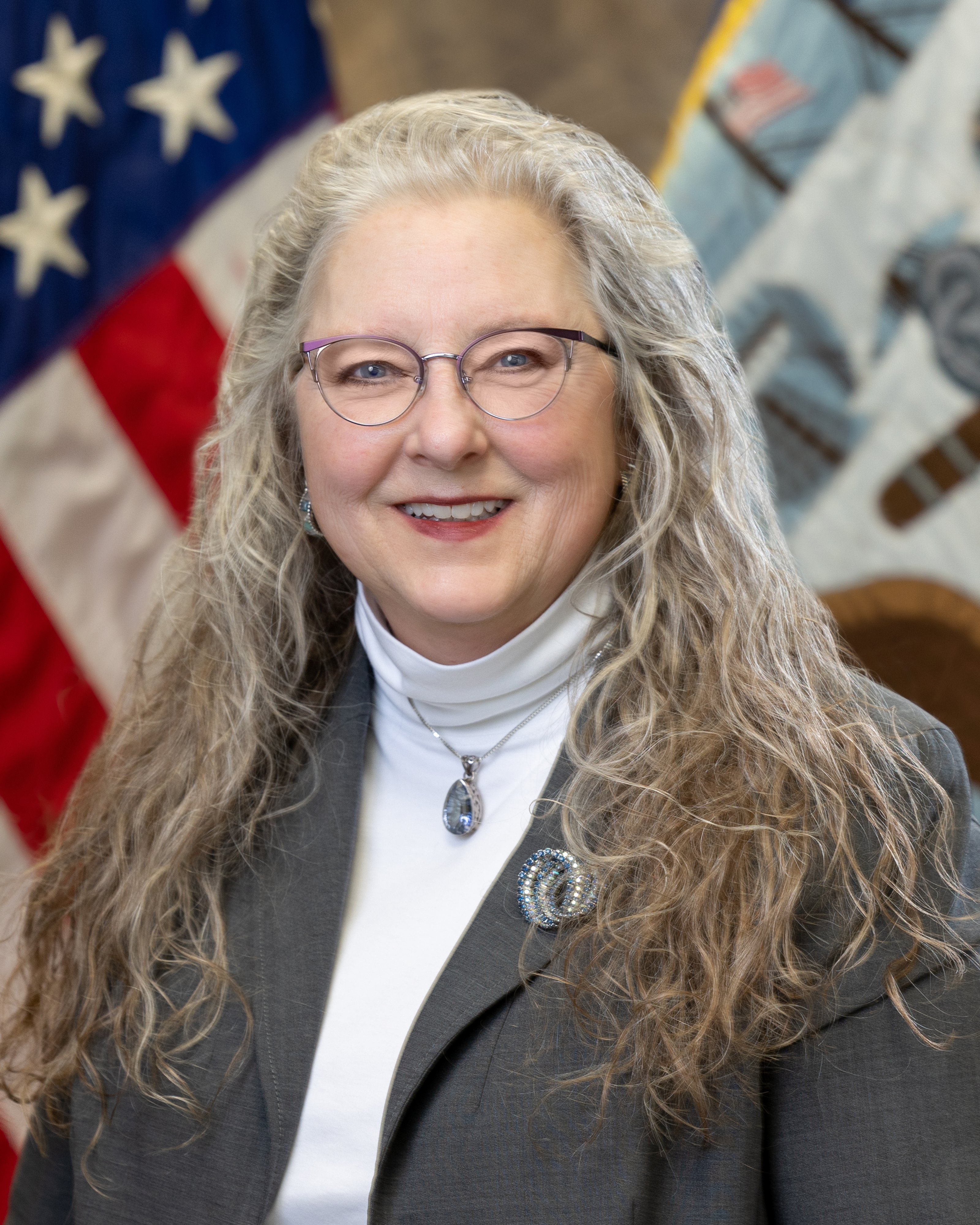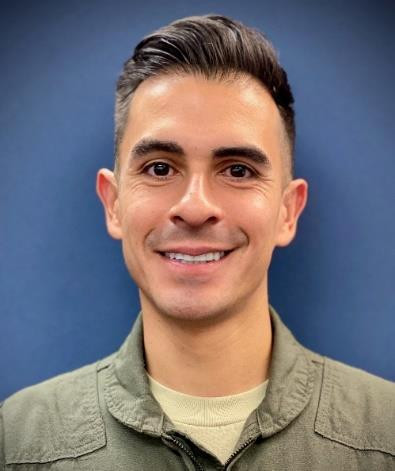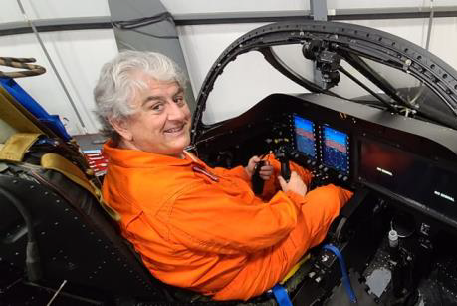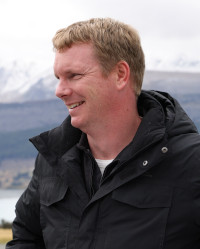Kelly Johnson Award
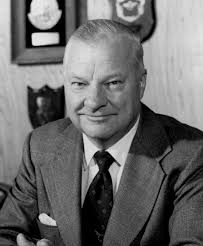
This is an individual award that honors outstanding achievement in the field of Flight Test Engineering. The Kelly Johnson Award was first awarded in 1973 and is the society‘s oldest running award.
Kelly Johnson established the fabled Lockheed Skunk Works that was responsible for many designs and flight testing of aircraft such as the P-80, U-2, SR-71, F104, F-117, YF-22, and X-35.
2025 Winner
John Maris
The Kelly Johnson award for outstanding achievement in Flight Test was presented to John Maris for his significant contributions to flight test engineering over 35 years.
As Principal Flight Test Investigator and test pilot at NASA, he advanced human factors, flight efficiency, and safety through projects like Traffic Aware Strategic Aircrew Requests (TASAR) and NASA's Digital Flight program. His work involved understanding the safe conduct of flight tests, integrating them into real-world air traffic control, and analyzing human factors in new operating modes. Maris also holds over 20 aerospace patents, including one for airfoil performance monitoring, which earned him the SETP Eta Award for innovation in flight testing in 2023.
His research extends to synthetic vision, signal detection theory for aviation safety, human factors in icing encounters, vehicle autonomy, and electrified flight. He is also recognized for his role in developing the JeppView® world standard for electronic charting and currently serves as Chief Test Pilot for CAE's Piper Archer electric trainer and Pratt and Whitney's Hybrid Electric Propulsion programs.
John is also a mentor and someone who takes the time to take young engineers under his wing, providing guidance, career advice and opening paths to our profession. John is an active member of SFTE, regularly presenting at symposiums and attending Chapter meetings and events.
John was nominated by the SFTE Canadian Chapter, with overwhelming support from flight testers across the world, and is a deserving winner of the Kelly Johnson Award.
Award Criteria
"Kelly Johnson Award for Outstanding Achievement in the Field of Flight Test Engineering"
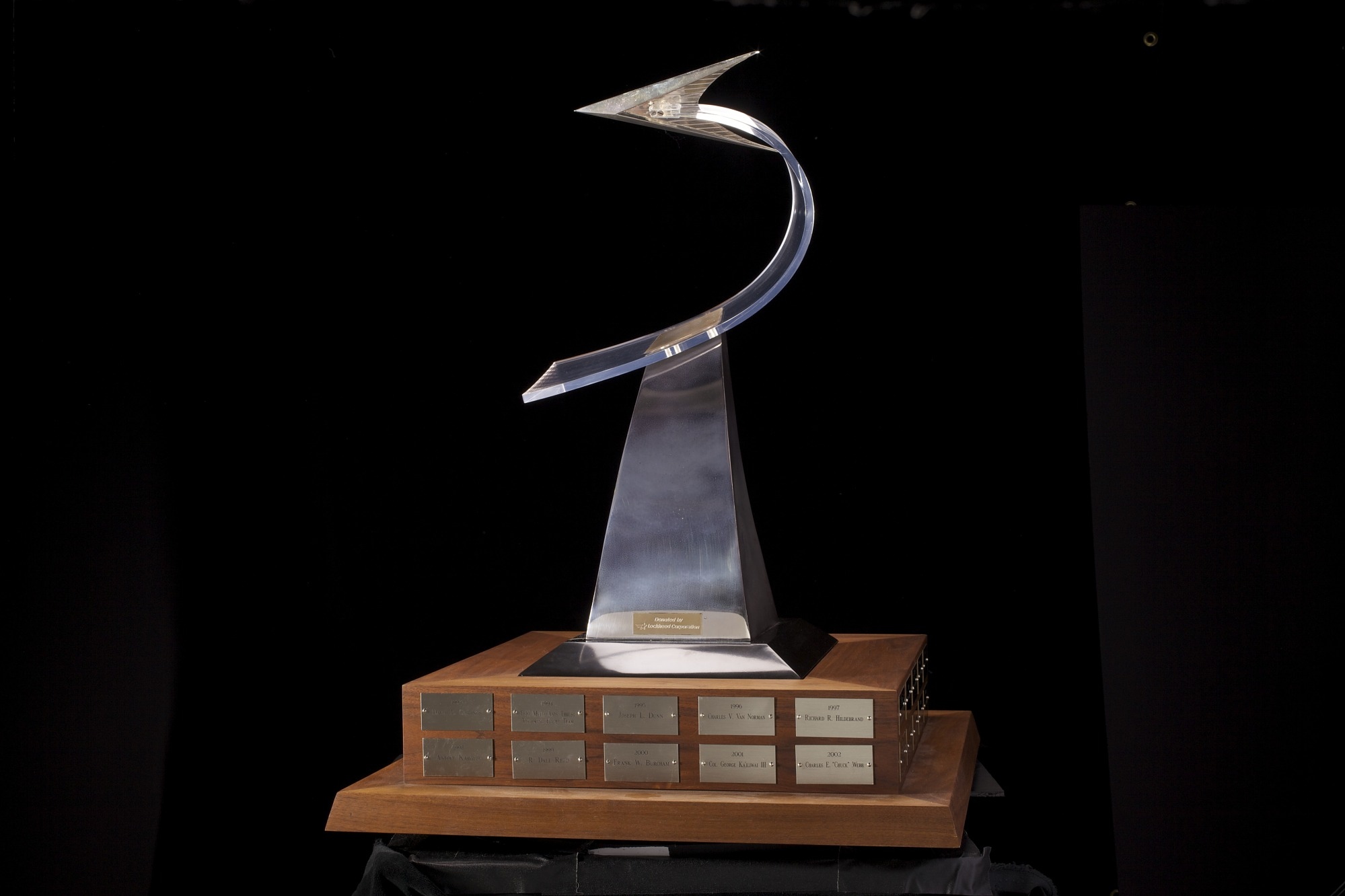 Recognizes a single individual for their impact on and contributions within the field of flight test engineering.
Recognizes a single individual for their impact on and contributions within the field of flight test engineering.
The nominee does not need to be a SFTE member, but the nomination can only be submitted by a SFTE member. Nominations must be received by midnight Pacific Daylight Time (U.S.) on July 31st. Please submit only one written nomination per candidate. The nomination submission should be of no more than 5 pages in length and should make a case for why the nominee deserves to receive the society’s highest individual award. It can include testimonials. The Board of Directors select the awardee. They would most like to learn about this person’s impact in addition to their achievements. Please minimize lists of statistics and specialized jargon in the nomination. Please do not include any proprietary or restricted-access information. Of particular interest will be vignettes, or short stories that could be shared when announcing the award recipient. The Board of Directors will be looking for accomplishments and qualities that encourage all of us within SFTE and industry at large to strive toward making similar contributions.
Be advised, the Board of Directors will request a well-produced multimedia presentation highlighting test programs or other significant contributions the nominee has made over the course of their career. This presentation/video will accompany the award presentation which forms a centerpoint of the Annual Awards Banquet (live webcast) following the Symposium. These materials will be requested only after the nominee has been chosen for the award. Assistance will also be requested from the individual making the nomination to coordinate the award recipient’s attendance at the Awards Banquet if possible. Please be aware the Board wishes to keep the identity of the award recipient a surprise for the general audience when announced at the Awards Banquet.
Background - This award dates back to 1973 when the inaugural award was bestowed upon its namesake. The Society’s bylaws name this award. Since a bylaw amendment in 2006, the award has been for a single individual.

